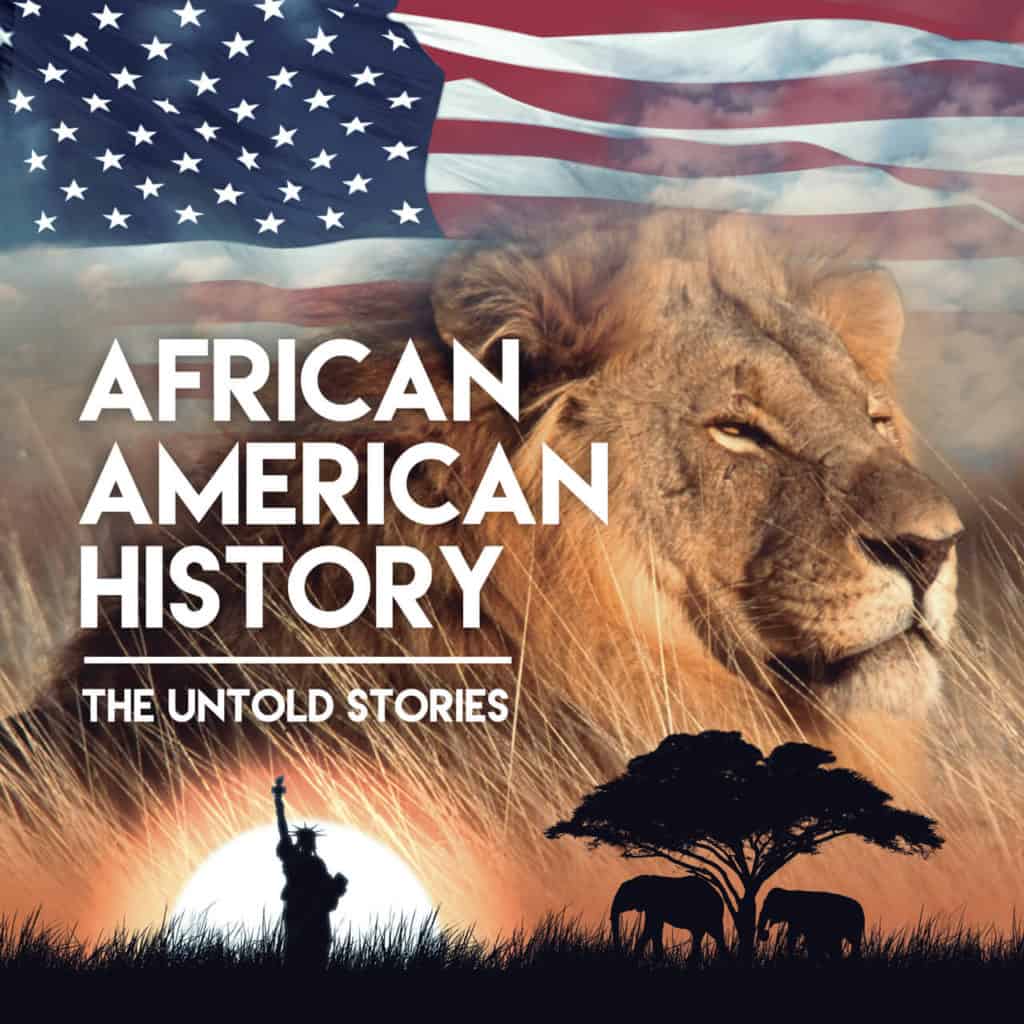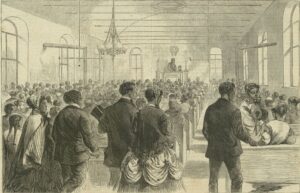Research

It is essential for the positive growth and development of young children to have a sense of identity that gives them pride in who they are. Becoming confident, successful adults begins with the constructive growth of self-esteem as children.
All youth struggle with their identities during their adolescent years. However, African Americans are faced with added social character challenges, such as having to deal with the notion that society does not think they can become high achievers. There are also significant, proven inequalities that come from being black.
Racial identity can impact the self-esteem of a child while they are developing and throughout their lifetimes. Swanson, Cunningham, Youngblood II, and Spencer purport that children who are taught at a young age about their racial identity are less likely to feel a difference between their personal identity and their group identity. They are also more able to identify people with positive attributes, no matter what race they are identifying (2009).
In the study, Swanson, Cunningham, Youngblood II, and Spencer asked two questions: How are racial attitudes shaped and what mechanisms and factors contribute to these processes? They found that by teaching young children about their race, they were more likely to grow up to understand and accept themselves and the other races around them in an equal fashion (without prejudice). They also found that by teaching history and self-appraisal in school at a young age, children could better understand and balance social assumptions or biases against the concept of self (Swanson, Cunningham, Youngblood II and Spencer, 2009).
Adolescence is a difficult time for all children, as most people struggle with identity. It’s particularly difficult for African American students, who are left to deal with the notion that society thinks they are lazy, unintelligent, lacking abilities, or even dangerous. This feeling of inequality creates an environment of defeatism that seriously diminishes self-esteem and self-worth.
According to McDonald (2007), it is important that African American students defy this idea of defeatism and find self-empowerment. Knowledge of their history, which was taken from them during slavery, must be made available, as this knowledge sets the framework for a positive self-image and identity. It teaches them they can achieve and overcome adversity, just like their ancestors did before them.
Peter N. Sterns (1999) argues, “History also helps provide identity, and this is unquestionably one of the reasons all modern nations encourage its teaching in some form. Historical data and information include evidence about how groups, families, institutions, and whole nations were developed and how they have evolved while holding onto cohesion” (Peter N. Sterns – Harvard graduate and professor of History George Mason University – Why Study History, 1999).
Decades of research associate African American youths’ dignity and positive racial identity with their educational success, behavioral arrangement, and positive emotional functioning (Chavous, Rivas-Drake, Smalls, Griffin, & Cogburn, 2008; Prinz, 2009; Smith, Levine, Smith, and Dumas).
African American students are dropping out at an alarming rate in western New York. African American youth are being victimized through drug trafficking, gang-related violence, and other negative channels that impact our community. Worst of all, society is giving rise to illiterate and uneducated young people who will not be able to make their communities better educationally, economically, and politically (Sandra Tang, Vonnie C. McLoyd, and Samantha K. Hallman, 2015).

In addition to contending with significant economic and contextual risk factors, African American youth also face negative social regard. Research demonstrates that negative attitudes towards African Americans continue to persist (Gibbons, Gerrard, Cleveland, Wills, & Brody, 2004; Prelow, Danoff-Burg, Swenson, & Pulgiano, 2004) and that African American youth are aware of these attitudes (Brody et al., 2006; Okeke, Howard, Kurtz-Costes, & Rowley, 2009). A majority of these youth frequently report discrimination in a variety of social contexts, including school and the local community (DuBois, Burk-Braxton, Swenson, Tevendale, & Hardesty, 2002; Fisher, Wallace, & Fenton, 2000).
In one study, 75% of African American youth reported being hassled by a store clerk or guard because of their race (Fisher et al., 2000), and in another study, 77% experienced at least one discriminatory event in the previous three months (Prelow et al., 2004).
Perceptions of discrimination correspond to decreased levels of self-esteem among African American youth (Dotterer, McHale, & Crouter, 2009; DuBois et al., 2002; Neblett, Smalls, Ford, Nguyên, & Sellers, 2009). To promote adjustment and well-being for these youth, it is important to identify protective mechanisms that buffer the negative impact of discrimination and bolster self-esteem.
Many things that an impoverished urban black child looks upon in the curriculum are, to a degree, a contradiction of his cultural style and a threat to his own self-esteem. Curriculum provides ethnocentric and class-centered experiences that serve to keep the disadvantaged black child in a state of powerlessness, frustration, alienation, failure, low self-concept, and a lack of control over his life. The entire school experience is constant punishment for the black child of poverty, as opposed to being an atmosphere of reward or positive reinforcement for the middle-class child.

In general, the black child sees a curriculum that reflects the dominant culture or a curriculum that does not mirror the positive attributes of his race and culture. Subsequently, he begins to perceive himself (as identified with blacks and poor people) as being powerless, worthless, and incapable of reaching his true potential.
The black man is without any self-confidence; he has no trust in his own race because the white man has ruined his culture and knowledge. By destroying the historical narrative, many black men do not know of the achievements of their race. As long as they can be convinced that they haven’t accomplished anything, they are not likely to overcome new challenges in the future.
For this reason, African American people must use the weapons of knowledge, culture, and history to remove themselves from this psychological reliance on the white complex as a mandatory prerequisite for liberation.
Let us be reminded that Mark Twain once said that when a country enslaves a people, the first need is to make the globe feel that the people being oppressed are subhuman. The next endeavors are to make his country believe that the suppressed man is inferior. Then, worst of all, they must make that man believe that he is inferior (Magubane, 1989).
European dominance attempted this in various forms, principally through Euro-centric global miseducation and religion, but later by political, economic, military, and psychocultural imperialistic means.
By belittling and disparaging African civilizations and culture, Europeans made an effort to strip African people of their integrity and unity, depriving them of their ethos and African identity, along with their humanitarian value. However, Europeans have not been totally successful in doing so because of the strength, continuity, and adaptability of the African culture.
However, it is vital for young African Americans to oppose ideas of defeat and cling to ideas of empowerment. Young African Americans must be proud of their culture, ethos, and history, becoming knowledgeable about their African legacy. This knowledge establishes the framework for a cultural identity that is positive, which will incubate in them the idea that they can accomplish big things, irrespective of the color of their skin, just like their ancestors before them.
Sources
McDonald, S. (2007). A Historical Perspective: How a Positive Cultural Identity Can Increase Achievement Motivation and Self-Esteem in Young African American Students. Counselor Education Master’s Thesis. 71. Retrieved from http://digitalcommons.brockport.edu/edc_thesis/71.
Tang, S., McLoyd, V. C., & Hallman, S. K. (2016). Racial socialization, racial identity, and academic attitudes among African American adolescents: Examining the moderating influence of parent–adolescent communication. Journal of youth and adolescence, 45(6), 1141-1155. Retrieved from

